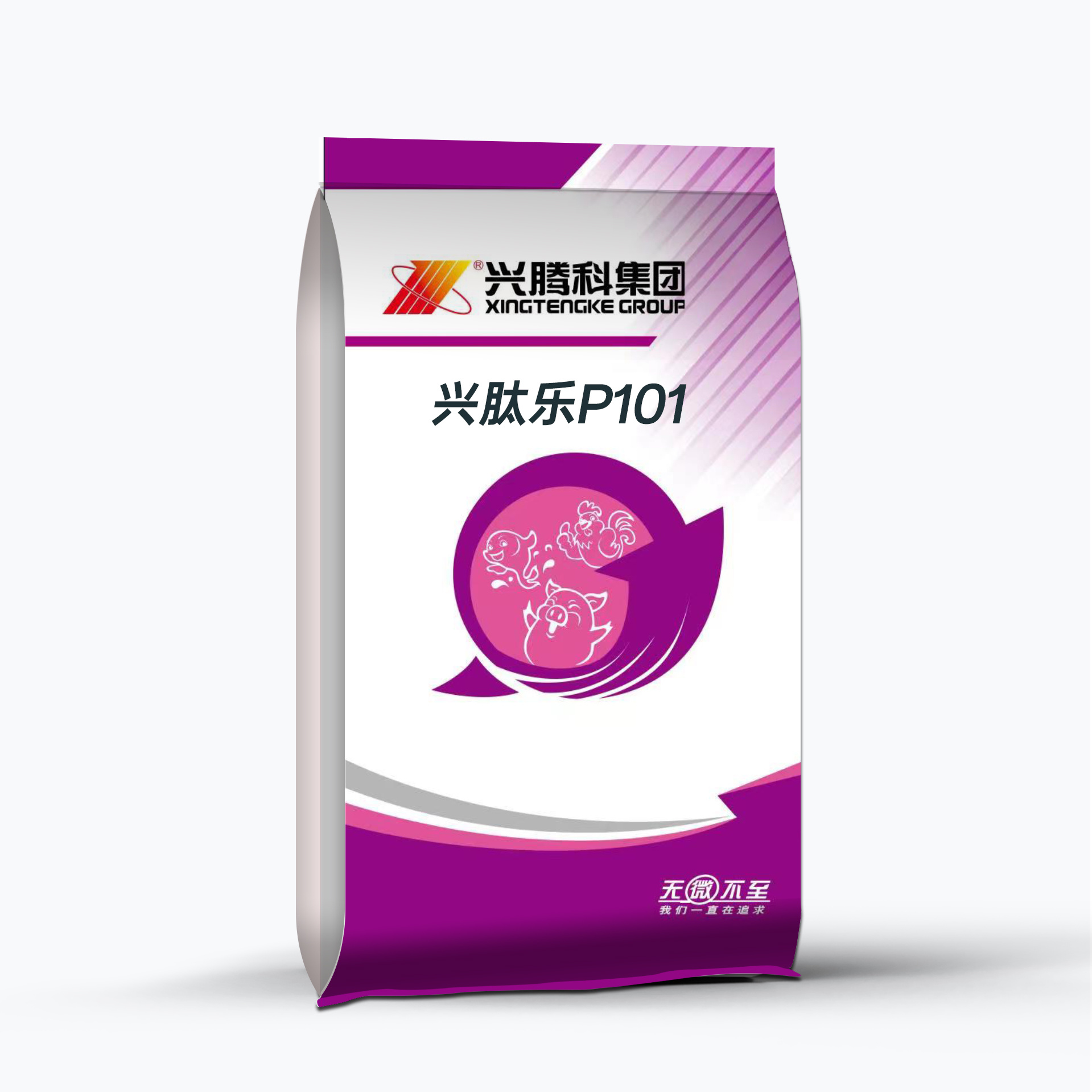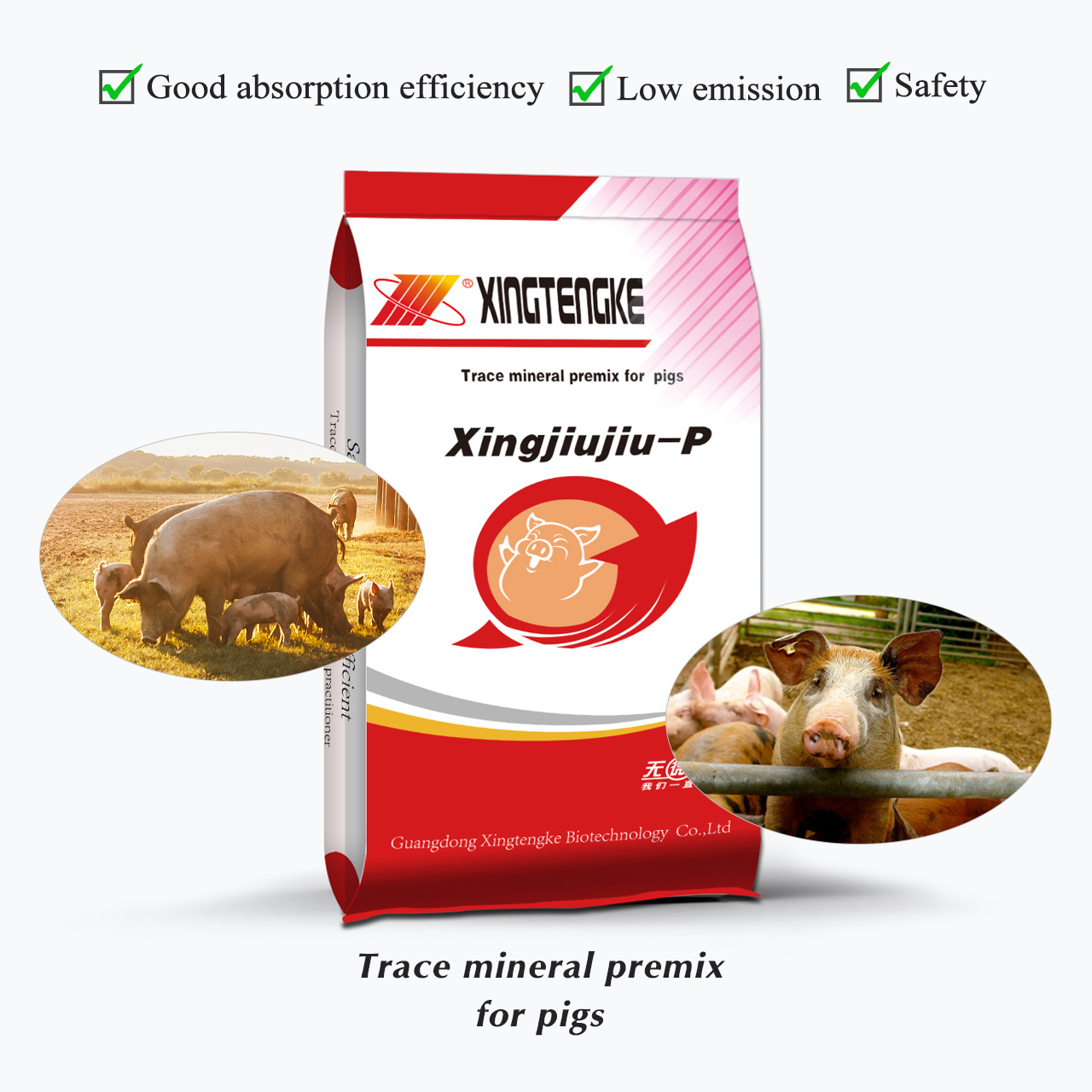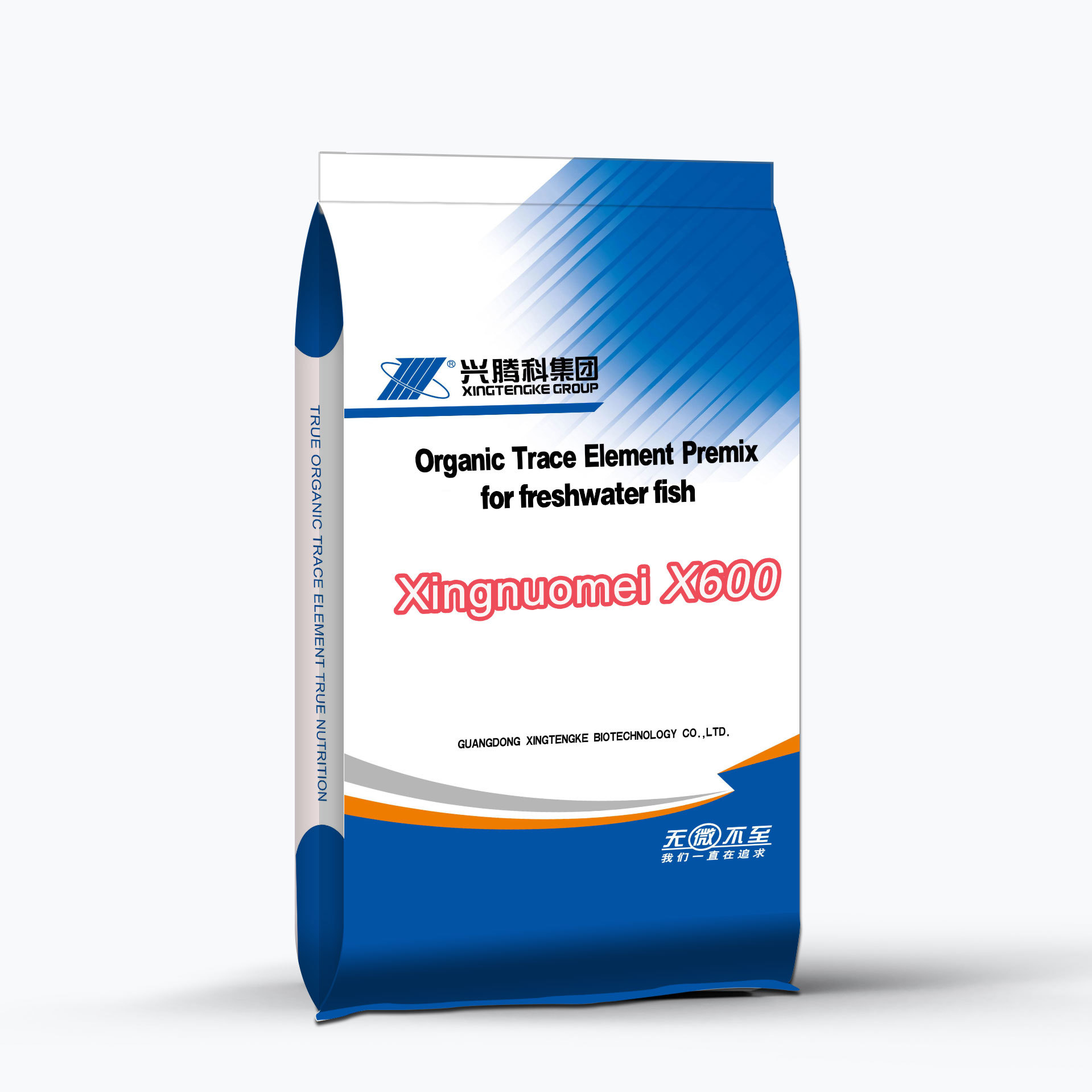Unlocking the Benefits of Organic Trace Minerals for Livestock Health
Release time:
2025-08-15 16:11
Source:
Unlocking the Benefits of Organic Trace Minerals for Livestock Health
Table of Contents
- Introduction to Organic Trace Minerals
- Understanding Trace Minerals: Definition and Importance
- Types of Organic Trace Minerals Used in Livestock
- The Benefits of Organic Trace Minerals for Livestock Health
- Impact on Growth and Productivity in Livestock
- Organic vs. Inorganic Trace Minerals: A Comparison
- Implementing Organic Trace Minerals in Livestock Diets
- Case Studies: Successful Use of Organic Trace Minerals
- Frequently Asked Questions
- Conclusion: The Future of Livestock Health with Organic Trace Minerals
Introduction to Organic Trace Minerals
In the realm of livestock management, the significance of nutrition cannot be overstated. Among the various nutritional components, **organic trace minerals** have emerged as a critical factor in enhancing livestock health and productivity. Unlike macro minerals, trace minerals are required in smaller concentrations yet play a vital role in numerous physiological processes. Their organic forms are especially beneficial, as they are more readily absorbed and utilized by animals, leading to overall improved health outcomes.
Understanding Trace Minerals: Definition and Importance
Trace minerals, which include elements such as zinc, copper, iron, manganese, selenium, and iodine, are essential for several biological functions. These minerals are crucial for:
- Enzymatic reactions
- Hormone production
- Immune system function
- Growth and development
As livestock producers, understanding the importance of these minerals is essential. A deficiency in even one trace mineral can lead to various health issues, including impaired growth, reduced fertility, and increased susceptibility to diseases.
Types of Organic Trace Minerals Used in Livestock
Organic trace minerals are typically derived from natural sources and include chelated minerals and protein-bound minerals. Some common types include:
- **Zinc Proteinate**: Enhances immune response and skin health.
- **Copper Glycinate**: Supports growth and reproductive health.
- **Manganese Amino Acid Chelate**: Vital for bone development and metabolic processes.
- **Selenium Yeast**: Boosts antioxidant activity and overall health.
Using these organic forms allows for better absorption rates compared to inorganic counterparts, significantly impacting animal health.
The Benefits of Organic Trace Minerals for Livestock Health
Incorporating organic trace minerals into livestock diets offers myriad benefits:
1. **Enhanced Immune Function**: Organic trace minerals improve the immune response, reducing the incidence of diseases and infections.
2. **Improved Growth Rates**: Animals receiving adequate organic trace minerals show better weight gain and feed efficiency.
3. **Better Reproductive Performance**: These minerals play a crucial role in hormone production, thus enhancing fertility and reproductive success.
4. **Stronger Bones and Teeth**: Essential for calcium absorption, trace minerals contribute to stronger skeletal structures, leading to healthier livestock.
5. **Reduced Stress and Increased Resilience**: Organic trace minerals help mitigate the effects of environmental stress, ensuring animals remain healthy under challenging conditions.
Impact on Growth and Productivity in Livestock
The relationship between trace minerals and livestock growth is profound. Studies reveal that animals given adequate organic trace mineral supplementation show significant improvements in:
- **Feed Conversion Ratios (FCR)**: Better mineral absorption leads to more efficient feed utilization.
- **Average Daily Gain (ADG)**: Animals tend to grow faster and reach market weight sooner.
- **Carcass Quality**: Improved mineral status results in better meat quality, with favorable attributes such as marbling and tenderness.
Overall, the strategic use of organic trace minerals can dramatically enhance productivity and profitability in livestock operations.
Organic vs. Inorganic Trace Minerals: A Comparison
Understanding the difference between organic and inorganic trace minerals is vital for livestock management. Organic trace minerals are more bioavailable, meaning livestock can more efficiently utilize them compared to inorganic forms. This leads to better health outcomes and improved productivity. Key differences include:
- **Absorption Rates**: Organic minerals are absorbed significantly better than inorganic minerals.
- **Health Outcomes**: Livestock receiving organic trace minerals tend to have lower morbidity and improved overall health.
- **Environmental Impact**: Organic minerals are often more sustainable and less likely to contribute to environmental pollution when compared to inorganic sources.
Implementing Organic Trace Minerals in Livestock Diets
To effectively incorporate organic trace minerals into livestock diets, consider the following steps:
1. **Assess Current Mineral Status**: Conduct thorough mineral assessments to identify deficiencies.
2. **Choose Quality Products**: Opt for high-quality organic trace mineral supplements from reputable suppliers.
3. **Monitor Animal Performance**: Track growth, health, and reproductive performance to gauge the effectiveness of the supplementation.
4. **Consult with Nutritionists**: Work with animal nutritionists to tailor mineral supplementation to specific herd needs.
Implementing these strategies ensures livestock receive the necessary nutrients for optimal health and productivity.
Case Studies: Successful Use of Organic Trace Minerals
Real-world examples illustrate the benefits of organic trace minerals in livestock management. For instance, a dairy farm integrated organic selenium and zinc into their feed regimen. As a result, they reported:
- **20% Increase in Milk Production**: Enhanced immune response led to fewer health-related production losses.
- **Improved Calf Health**: Calves born to supplemented cows showed greater vitality and lower mortality rates.
Such case studies underscore the practical advantages of utilizing organic trace minerals in livestock operations.
Frequently Asked Questions
What are organic trace minerals?
Organic trace minerals are minerals that are bound to organic molecules, enhancing their absorption and utilization in livestock.
Why are trace minerals important for livestock?
Trace minerals are crucial for various bodily functions, including enzyme activity, hormone production, and immune support.
How do organic trace minerals improve livestock health?
They improve absorption rates, leading to enhanced growth, better immune function, and overall health in livestock.
What is the difference between organic and inorganic trace minerals?
Organic trace minerals are more bioavailable and have better absorption rates compared to inorganic forms, leading to superior health outcomes.
How can I implement organic trace minerals in my livestock's diet?
Assess current mineral needs, choose quality products, monitor performance, and consult with nutritionists for tailored supplementation.
Conclusion: The Future of Livestock Health with Organic Trace Minerals
The integration of organic trace minerals into livestock diets presents a remarkable opportunity for enhancing animal health and productivity. By understanding their benefits and implementing them effectively, livestock producers can ensure better growth rates, improved fertility, and healthier animals. As we move forward in an industry increasingly focused on sustainability and animal welfare, the role of organic trace minerals will play a pivotal part in achieving a healthier, more productive livestock sector.
organic trace minerals for livestock nutrition
Pre
Pre









